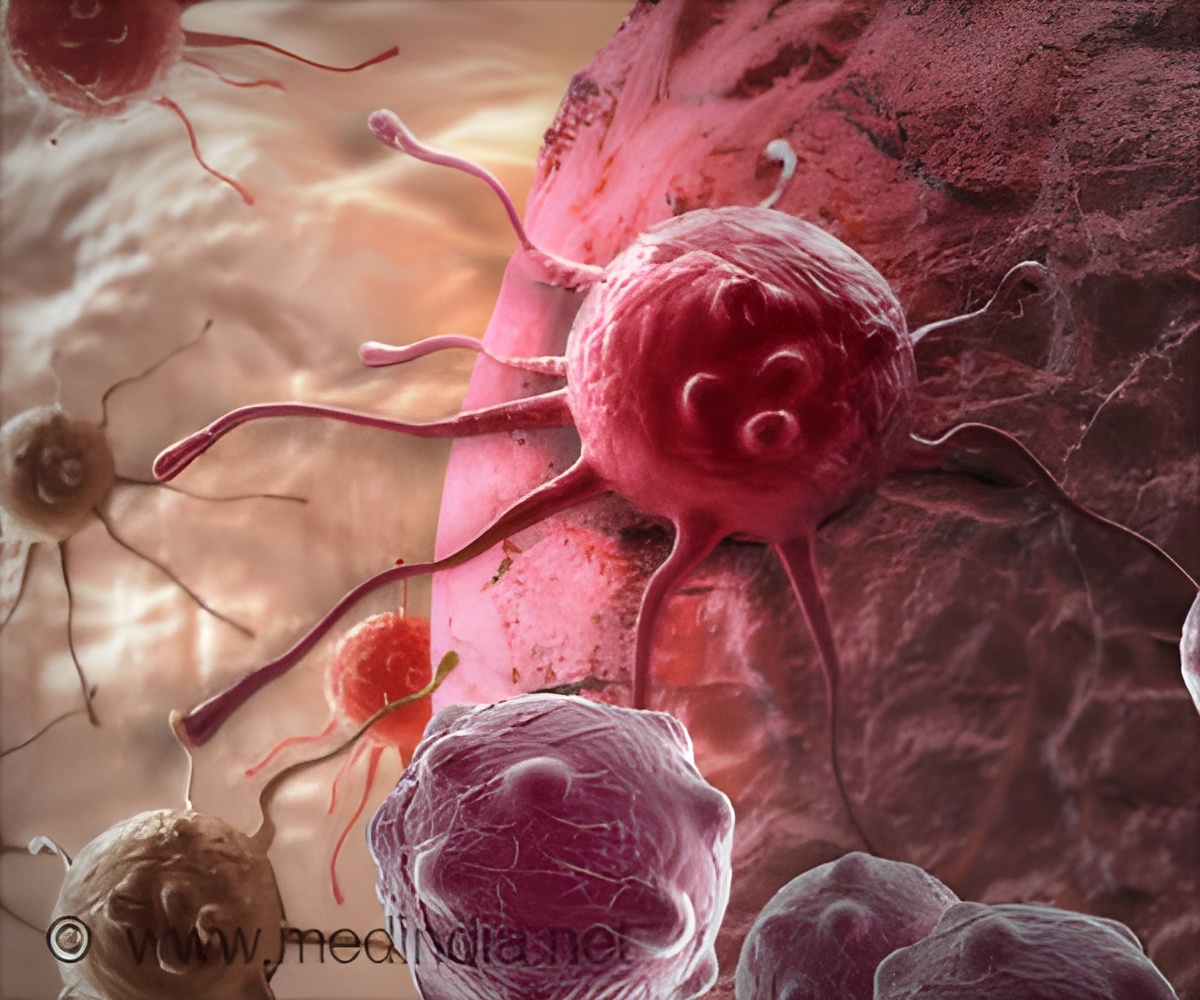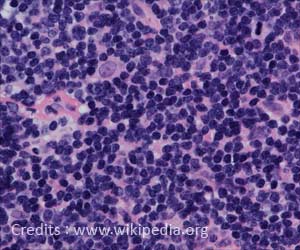Study suggests that the response to CAR T cell therapy may depend on quality of patients' existing T cells before infusion.

‘CLL patients possessing a subset of vital, healthier T cells prior to CAR T cell therapy had a partial or complete clinical response to the treatment, while those lacking enough of those T cells did not respond.’





What's more, the team - which was led by senior author J. Joseph Melenhorst, PhD and first author Joseph A. Fraietta, PhD, both faculty in the department of Pathology and Laboratory Medicine in Penn's Perelman School of Medicine and of Penn's Center for Cellular Immunotherapies, and included a multidisciplinary team from Penn and Novartis - also validated this signature in a separate, small group of patients and predicted with 100 percent accuracy who would experience complete remission. "With a very robust biomarker like this, we can take a blood sample, measure the frequency of this T cell population, and decide with a degree of confidence whether we can apply this therapy and know the patient would have a response," Fraietta said. "The ability to select patients most likely to respond would have tremendous clinical impact, as this therapy would be applied only to patients most likely to benefit, allowing patients unlikely to respond to pursue other options."
The new findings point to a new T cell biomarker as a much-needed patient-selection tool, but they also present an opportunity to potentially improve the immunological health of a patient with emerging cell manufacturing techniques before CAR T cell therapy, as well as inform the design of a more effective CAR T cell.
In this new study, the researchers retrospectively studied 41 patients with advanced, heavily pre-treated and high-risk CLL who received at least one dose of CD19-directed CAR T cells. Consistent with the team's previously reported findings, they were not able to identify patient or disease-specific factors that predict who responds best to the therapy, including age, tumor burden, or prior therapies.
In several experiments, the team compared the gene expression profiles and phenotypes of T cells in patients who had complete, partial, or no response to the therapy. The analyses showed that the CAR T cells that persisted and expanded in complete responders were enriched in genes that regulate early memory and effector T cells and possess the IL-6/STAT3 signature, while non-responders expressed genes involved in late T cell differentiation, glycolysis, exhaustion, and apoptosis. These characteristics make for a weaker set of T cells to persist, expand, and fight the cancer.
Advertisement
Elevated levels of the IL-6/STAT3 signaling pathway - shown to enable T cell persistence in past studies - in these early T cells correlated with the clinical responses in patients from the CAR T cell therapy, the authors reported.
Advertisement
Why some patients' T cells are suboptimal prior to treatment compared to others remains unclear, but it may have to do with their prior therapies, the authors said.
The findings also underscore the potential utility of increasing the therapeutic efficacy of T cells for CAR T cell therapy by selecting the subpopulation of T cells responsible for driving responses for cell manufacturing. However, it won't happen without overcoming some challenges first, the authors said.
"What we've seen in these non-responders is that the frequency of these T cells is low, so it would be very hard to infuse them as starting populations," Melenhorst said. "But one way to potentially boost their efficacy is by adding checkpoint inhibitors with the therapy to block the negative regulation prior to CAR T cell therapy, which a past, separate study has shown can help elicit responses in these patients."
Also unknown is the dosage of this T cell subset that would be required to turn non-responders into responders, he added. Future, clinical studies with a larger group of CLL patients should be conducted to help answer these questions and validate the findings from the study, the authors said.
"It will also be important to test if this biomarker approach to CAR T cell therapy can be extended to other cancer types, particularly solid tumors," Melenhorst said.
The team also includes Carl June, MD, the Richard W. Vague Professor in Immunotherapy in the department of Pathology and Laboratory Medicine and director of the Center for Cellular Immunotherapies, and David Porter, MD, the Jodi Fisher Horowitz Professor in Leukemia Care Excellence and director of Blood and Marrow Transplantation in the ACC, and researchers from Novartis.
In 2012, Penn and Novartis entered into a global collaboration to further research, develop and commercialize Kymriah, formerly known as CTL019, and other CAR-T cell therapies for the treatment of cancers. The therapy modifies patients' own immune T cells, which are collected and reprogrammed to potentially seek and destroy the patients' leukemia cells. After being infused back into patients' bodies, these newly built cells both multiply and attack, targeting cells that express a protein called CD19.
In August 2017, the U.S. Food and Drug Administration approved the Penn-developed therapy for the treatment of patients up to 25 years of age with B-cell precursor ALL that is refractory or relapsed.
Source-Eurekalert












